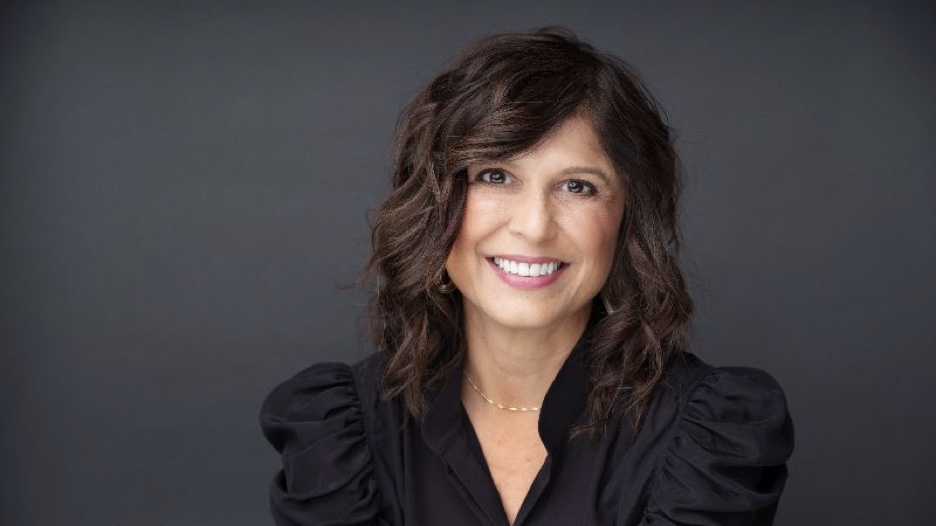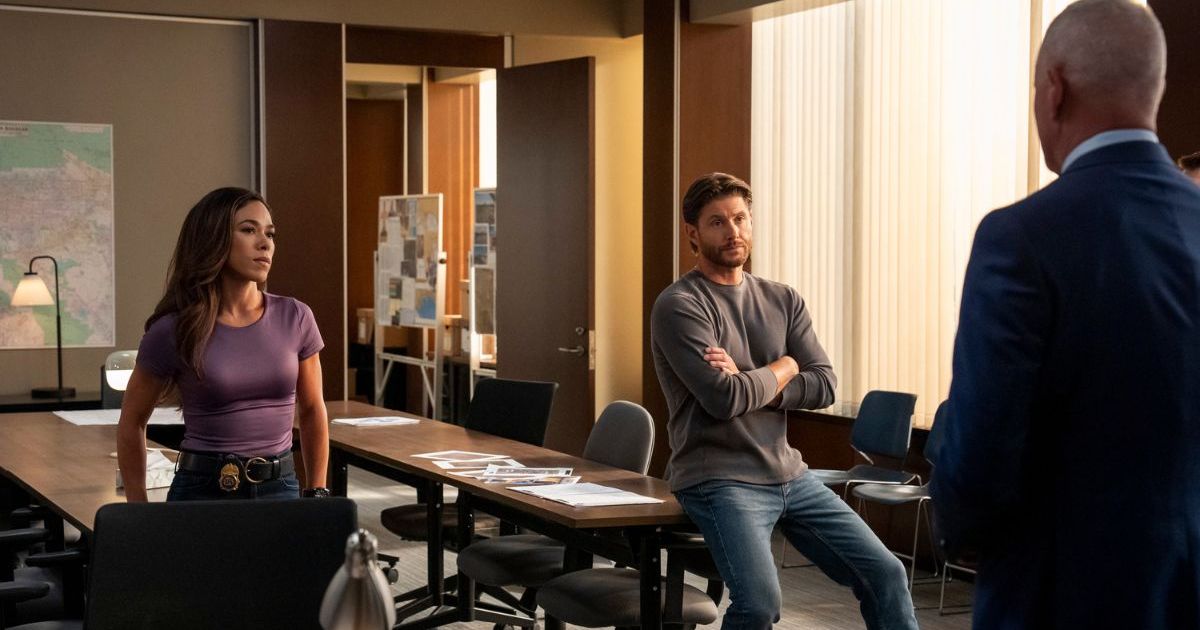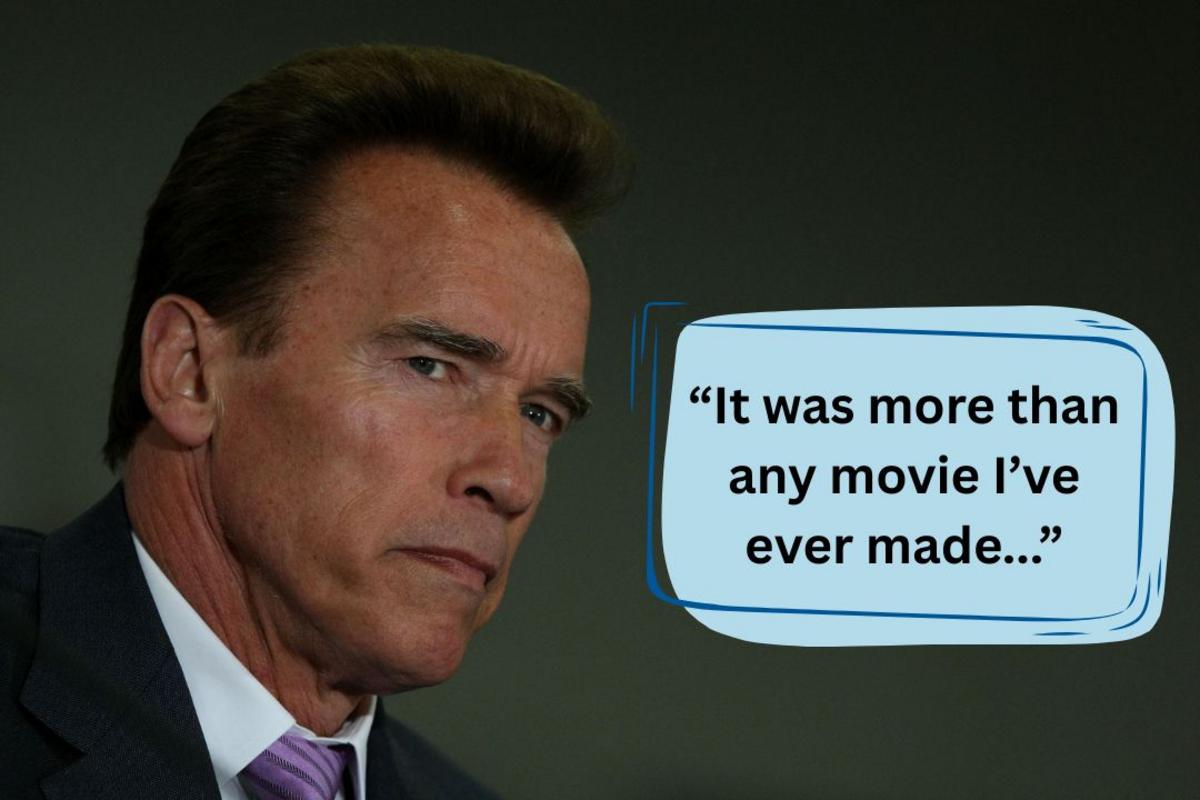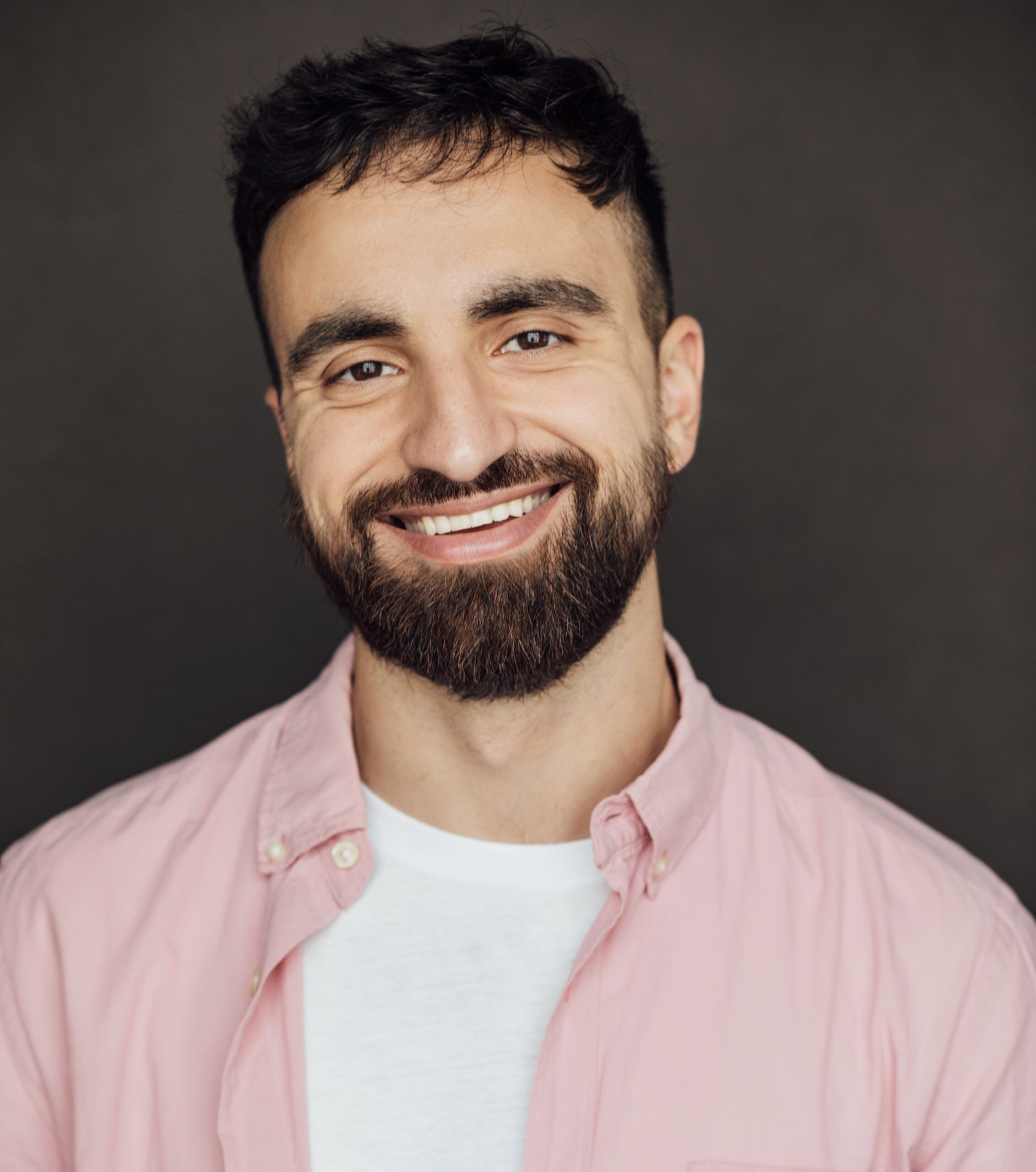Sometimes, a journey to success in the Film and Television industry takes several twists and turns. Anar Ali did not consider running a very successful Canadian TV show as an early goal. She is on an amazing journey, and we are happy to share it with you.
Here is our conversation with Anar.
HNMAG: You were born in Tanzania?
Anar Ali: Yes, that’s right.
HNMAG: How old were you when you moved to Red Deer?
Anar Ali: We first immigrated to Calgary and then moved to Red Deer. Calgary was a short stint. We arrived in Canada when I was seven.
HNMAG: Seven years old. Do you speak Swahili?
Anar Ali: I did, but at home with my mom, I spoke Kutchi, an Indian dialect from Gujrat. And English with my dad, because my one of sisters insisted that he only speak to us in English. A multi-lingual, he was happy to comply.
HNMAG: Why did your family decide to move to Alberta?
Anar Ali: My parents were worried about the family’s safety after Idi Amin expelled Indians from neighbouring Uganda, even if they had been there for generations, like my family in Tanzania. My parents chose Canada, inspired by Pierre Trudeau’s vision of an open and multi-cultural society, and my dad, an entrepreneur, chose business-minded, Alberta.
HNMAG: When you see political turmoil and violence in neighboring countries, it’s easy to imagine that it could happen at home. It’s natural to want to move somewhere more stable and safer. Canada would be the perfect option.
Anar Ali: That’s right. Canada was safe. And welcoming. Trudeau was quoted as saying something like, “We have such a big country, and if you have just one culture, that’s so boring.”
HNMAG: You moved to Calgary when you were seven. How old were you when you moved to Red Deer?
Anar Ali: We moved around a bit as my dad tried to find the right city and business to support the family. We landed in Red Deer when I eleven. I stayed there through my teen years, and my family moved back to Calgary when I was eighteen.
HNMAG: You were a teenager in Red Deer, but you were born in East Africa, of Indian descent. What was that experience like?
Anar Ali: It was a hard adjusting, but I was also kid, so it was so exciting, too. It felt like an adventure. It was wonderful and confusing at the same time – it took a long time to feel like we belonged, and only recently, decades later, do I truly feel Canadian.
HNMAG: When did you first become interested in film and television?
Anar Ali: As a family, we loved film and television and went to the movies regularly. As a kid, I never imagined it as a real career I loved writing, but I didn’t picture that as a possible career either. The arts isn’t immigrant a career many families, especially immigrant families, like my own, encouraged. So I chose a safe path – I went to business school. I started my career at Procter and Gamble, where I worked for close to ten years, eventually becoming a Business Development Executive. I ended that career after meeting the author of Funny Boy, Shyam Selvadurai.
HNMAG: How did you meet Shyam Selvadurai?
Anar Ali: It was serendipitous. I was living in downtown Calgary, and I was married at that time. I was walking home from corporate job when a pamphlet on the ground caught my– it had a photograph of a young brown face on it. That face was Shyam Selvadurai. I had never heard of him; I’d never seen a brown author before either. I picked it up – it was for the Writers’ Guild of Alberta conference in Banff, which was happening that weekend. On a whim, I went to the conference. I was a wallflower in the corner, even though I was used to networking in the corporate world. This was a world I’d never been in. Yet it weirdly felt like home. Shyam was especially kind to me and took me out for a drink, where I unexpectedly announced to him that I wanted to be a writer – like it was a long-buried desire that had suddenly surfaced. It was incredible feeling. Both terrifying and exhilarating. Shyam signed my copy of his book with the inscription, “Dear Anar, take the plunge. It’s worth it. Love, Shyam.” That became a life instruction for me. It was Sunday and on Monday, I went into my job at Procter & Gamble, and quit.
HNMAG: Did you have any children?
Anar Ali: No, we didn’t have kids. I was married to a really nice guy, my childhood sweetheart, but I was living the life that my parents would have wanted for me. Not the life I wanted. A corporate job that paid me well and a husband who was a chartered accountant. I left the corporate world and my marriage to become a writer, and live the life I wanted. It wasn’t easy. It was a long road, and I had no idea if it would work out, but I knew I had made the right decision. It just felt right.
HNMAG: What were the obstacles to getting your first book published?
Anar Ali: After leaving my old life, I travelled to India and Africa for a year. It sounds cliché but I went “home” to find myself. And when I returned to Canada, I decided to move to Toronto, which was for me at that time, the epi-centre of the Canadian literary scene. I had this naive notion that all writers there were in the same circle as Margaret Atwood, Rohinton Mistry, Micheal Ondaatje, and other celebrated writers. The reality was very different, of course. It was extremely challenging. Finding a writing community took time. I also didn’t have a job that was paying the bills, and I didn’t have the craft either. It took me a minute, until I realized I needed a more structured environment to become a writer—and that’s when I applied to UBC’s prestigious MFA program in writing. I was over the moon when they accepted me.
HNMAG: That brought you to Vancouver.
Anar Ali: That’s right. That’s when I returned to the West.
HNMAG: How long did you spend in Vancouver?
Anar Ali: Two years, and it was life-changing. For the MFA program, you had to write a novel, a screenplay, a play, or a book of poetry to graduate. I wrote my first book, hoping it would get published, but my main focus was learning how to write. My first book, Baby Khaki’s Wings, was my thesis, and when I graduated, Penguin picked it up.
HNMAG: Amazing.
Anar Ali: Penguin wanted a second book right away, so they gave me a 2 book deal.
HNMAG: So you were off and running.
Anar Ali: Exactly. It was dreamy.
HNMAG: You were then a professional novelist. How did that turn into writing for television?
Anar Ali: While writing my second book, I decided to move to Mexico. Toronto was too expensive and I was struggling to write the book and hold down a job. I wanted to immerse myself in the world of the novel. After I finished that book, Night of Power, some friends in Toronto, who worked in film, encouraged me to try working in their industry. My friend, Geeta, sent me a link to the Canadian Film Centre (CFC). Norman Jewison started the program in the 80’s and it’s become the go-to-place for many emerging filmmakers.
HNMAG: Your friend knew you were a writer. Why did they suggest the switch to a different medium?
Anar Ali: She felt I could successfully transfer my prose and business skills into a successful career in Film & Television. It’s not something I saw for myself, but her faith in me, helped me believe in myself. That I could do it. And I loved the idea of having a medium that people like mom could easily access.
HNMAG: Did the program at the CFC lead to writing on Transplant?
Anar Ali: While I was at the CFC, I realized that film is a director’s medium and TV is a writer’s medium, and when I graduated, I heard about a diversity mentorship program at the Canadian Broadcasting Corporation (CBC). They only accepted ten applicants and by the end of the 1-month long program, one person would win a deal to make their show. They ended up giving it to two people, and I was one of them. That was what got me started in TV. My show, Ruby’s Turn, a 1-hour drama centered on a 60 year-old South Asian woman was my first TV script. This script got me hired as a writer on Transplant, which was huge. I learned so much in the room and from showrunner, Jospeh Kay, and it helped set my foundation in TV.
HNMAG: Transplant was set in Toronto and on CTV/NBC. It proves that audiences will watch a show set in Canada. That brings us to Allegiance. We had many conversations with others at Hollywood North about your show. Surrey is paramount to Allegiance. What led to that?
Anar Ali: I always start from character. Initially, I wasn’t thinking about the location. I was thinking about Sabrina. I was building her, and I let her lead me. Of course, I also did a lot of research. I originally planned to set the show in Brampton, where there is a huge South Asian population, with the majority being Punjabi Sikhs, so much so that city is affectionately knick-named, “Brown Town.” The Punjabi-Sikh community in Surrey and the one in Brampton are quite different. Surrey’s Sikh community has been there for generations, while Brampton’s is newer. I knew I didn’t want to tell the story of a new immigrant, like Bash in Transplant. Those stories are important, but we rarely get to see the stories of BIPOC communities who have been here for generations, people who have helped build this country, like Sabrina’s family. Sabrina belonged in Surrey. Her story and her family’s story brings up different questions about belonging and identity (especially for a cop) compared to the new immigrant story. And that’s at heart of what I wanted to explore.
HNMAG: That makes it all very realistic and essential. That’s a huge part of it. Allegiance isn’t a show without Surrey.
Anar Ali: Absolutely. Surrey is a character in the show. I wanted to showcase the city – and I know it’s so meaningful for the cast and crew, too, because so often we shoot Vancouver for Seattle or LA, and Toronto for Chicago and New York. Now more than ever, we need shows that lean into our Canadianess. Not shy away from it. The more specific the story, the more authentic. The more authentic, the more universal the story. And I think that’s behind Allegiance critical and commercial success. It’s unabashedly a Canadian story, just one we don’t hear very often.
Anar Ali is brilliant, personable, and creative. She would succeed in any career she set her mind to. She proved that in the competitive world of consumer goods, as well as taking the Canadian fiction industry by storm. She is now leading Canada to new heights in quality Television. Anar Ali agrees with Hollywood North’s point of view that the world will embrace our productions if they are well-made, authentic, and engaging. Anar Ali also knows that our cast and crew are more satisfied when we tell our own stories instead of churning out formula product as a Hollywood service center. We look forward to watching season three of Allegiance and catching up with Anar Ali for her future projects.





